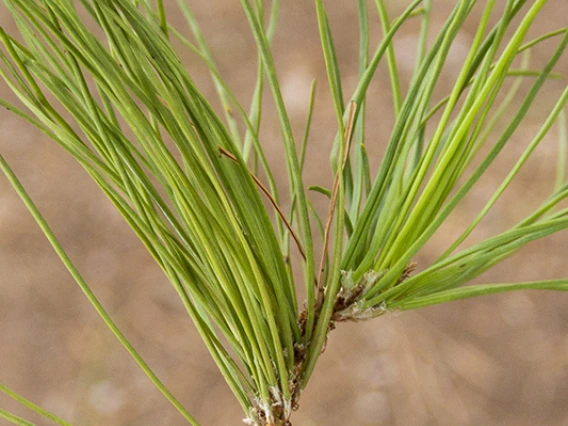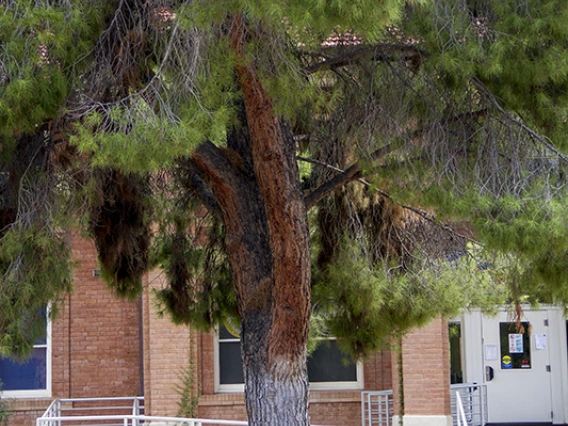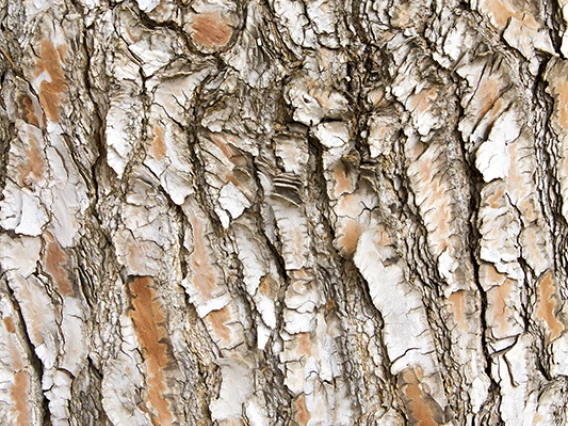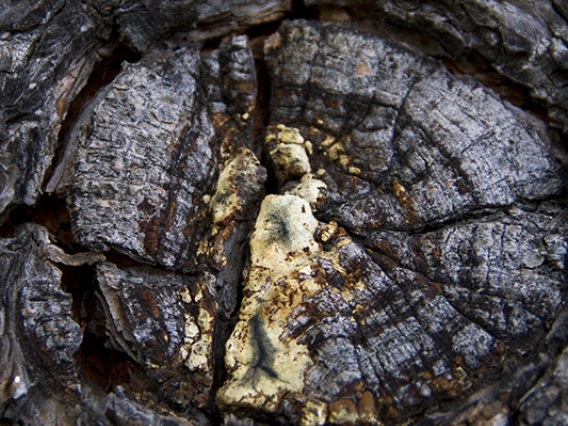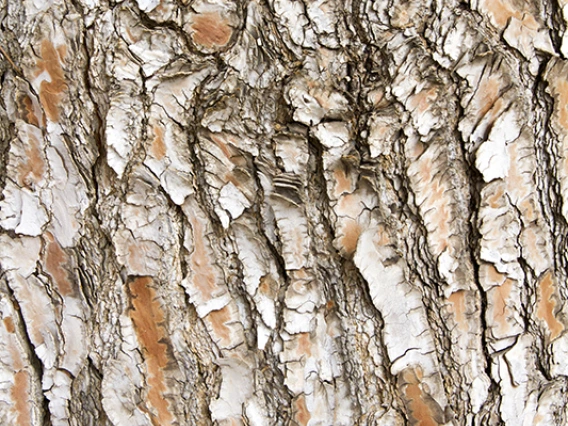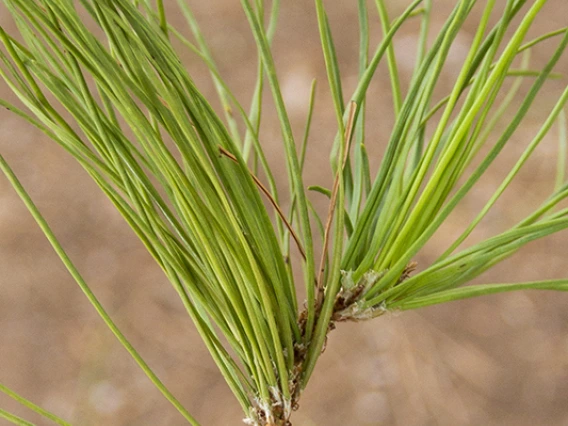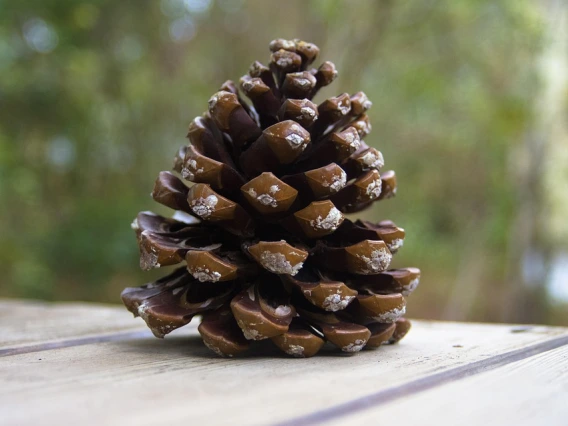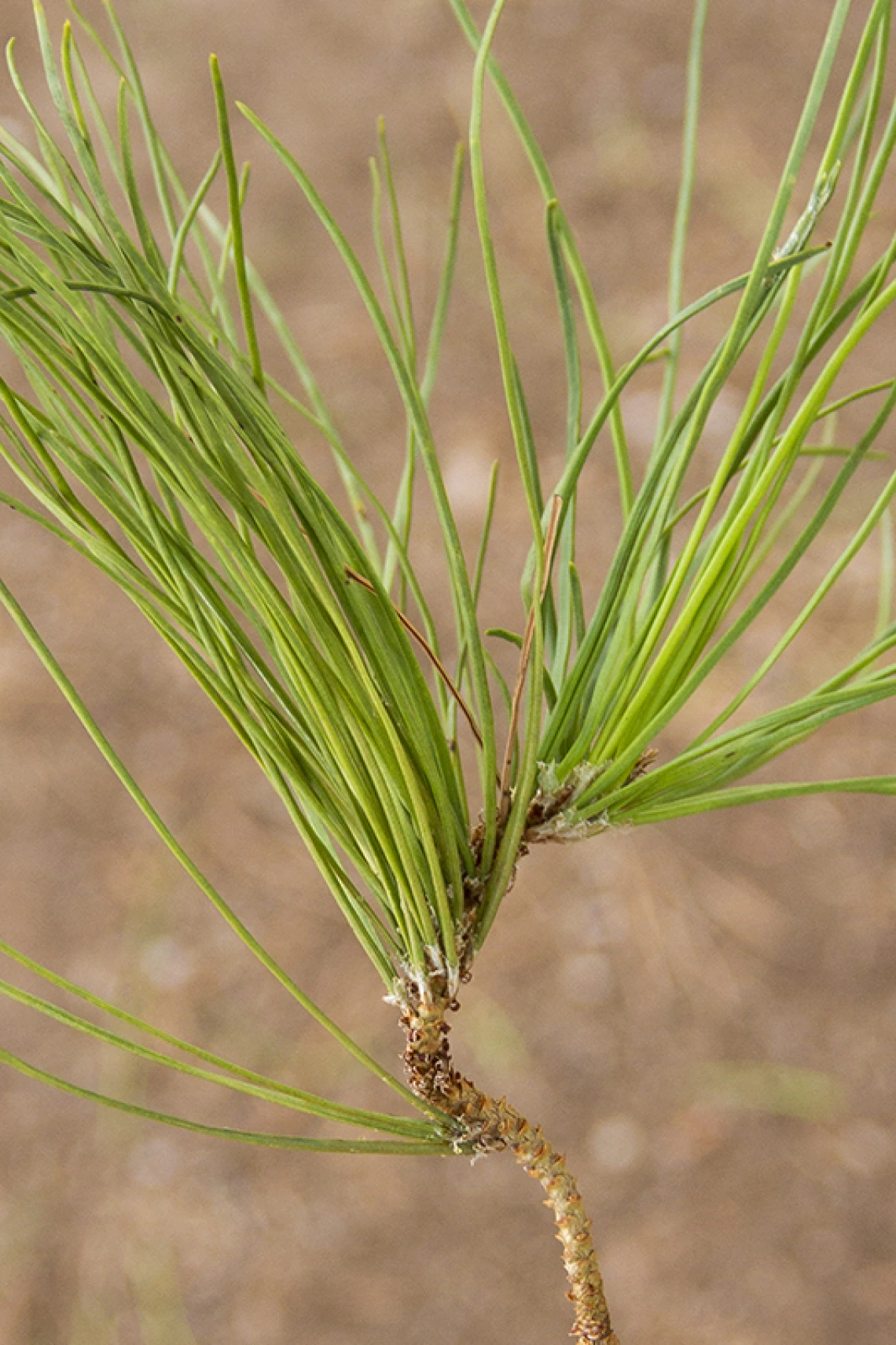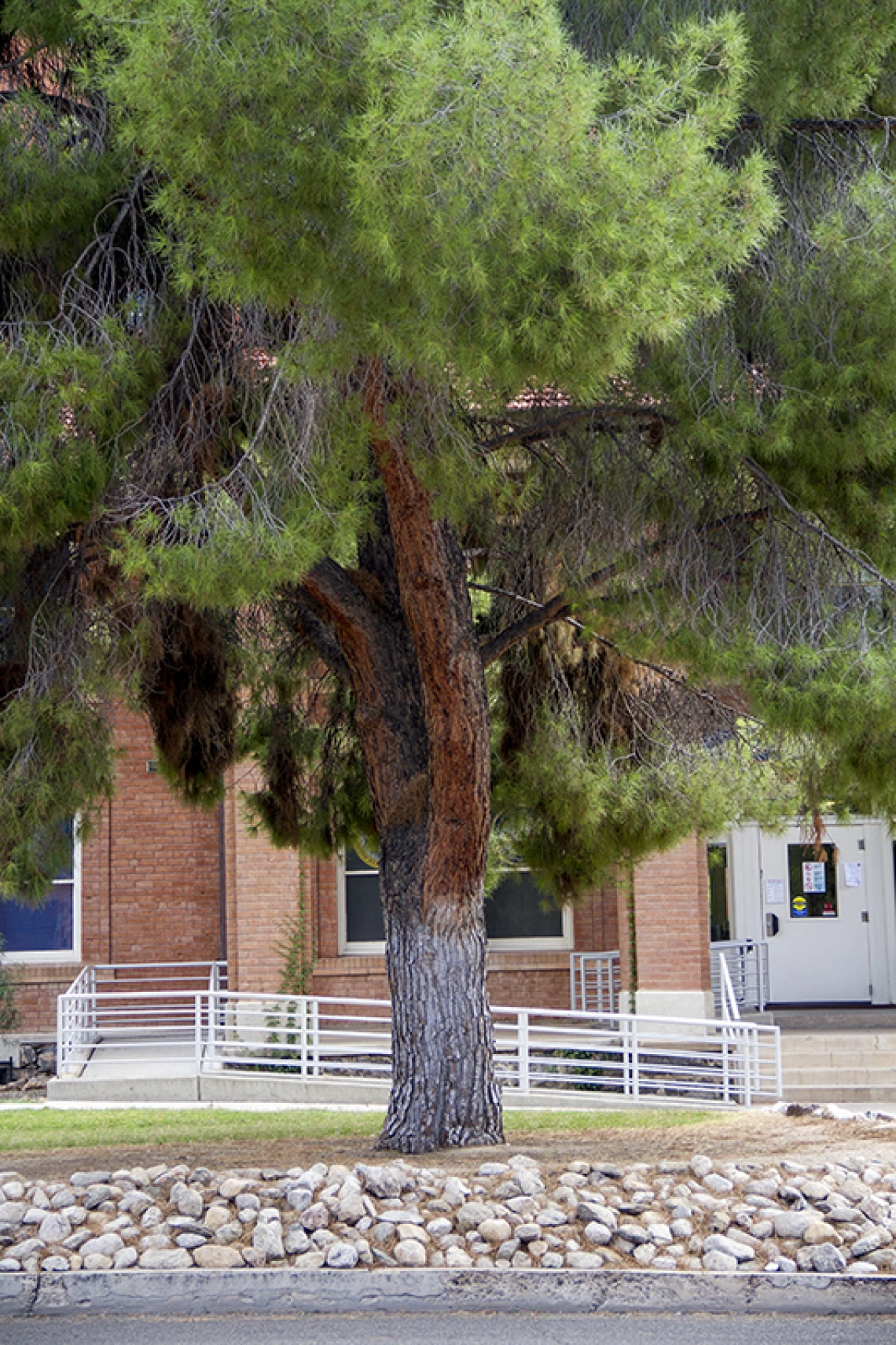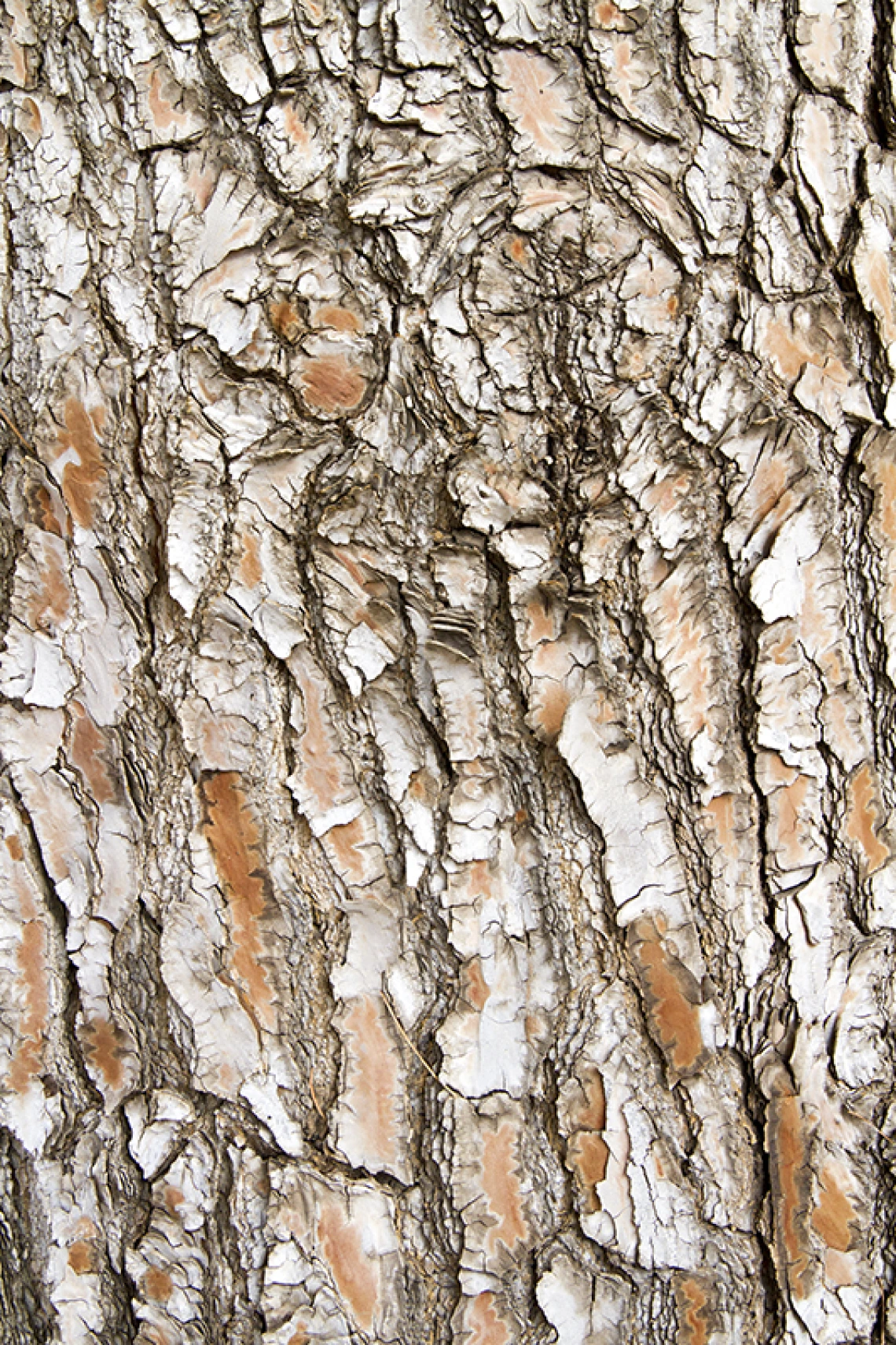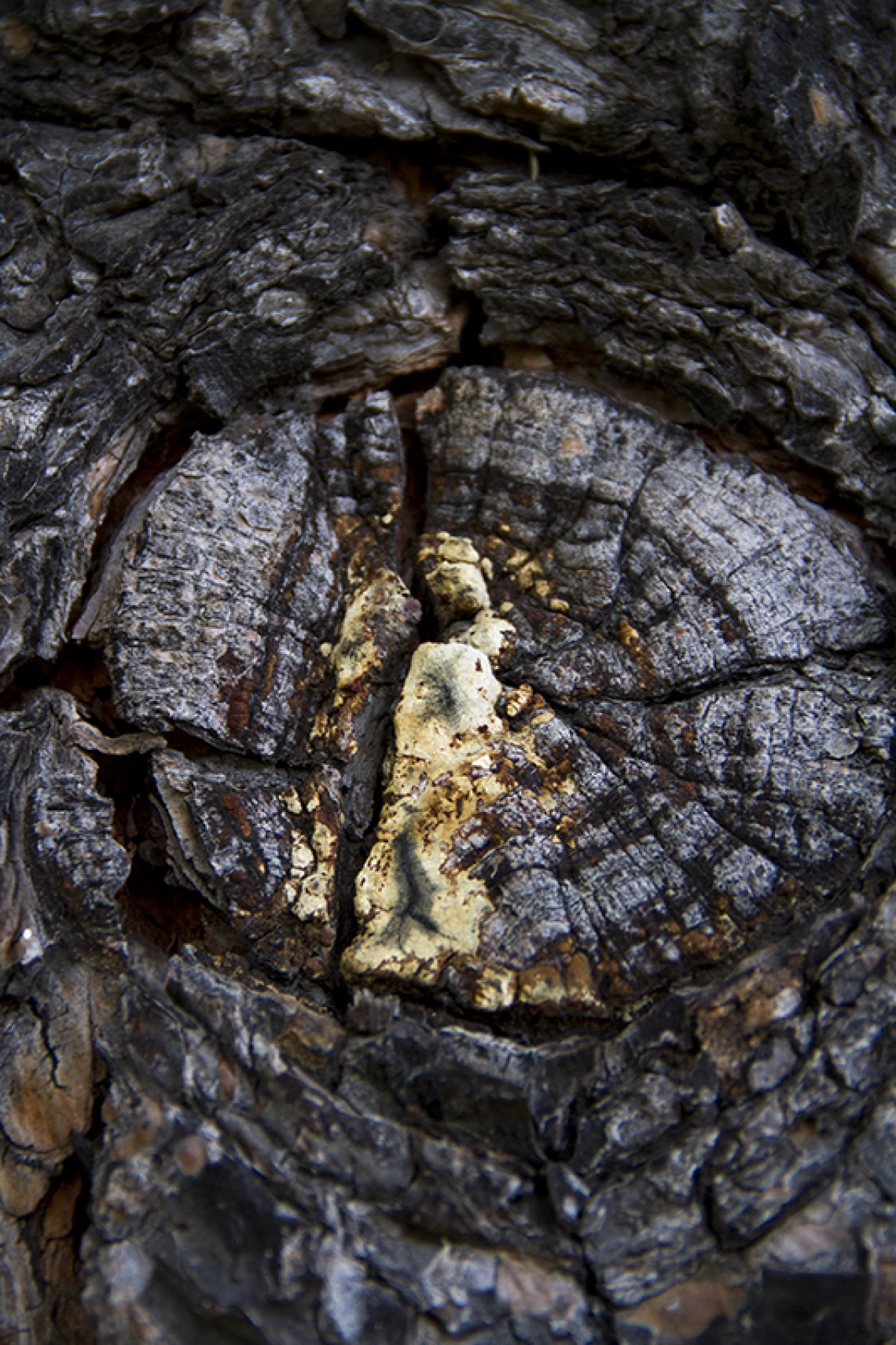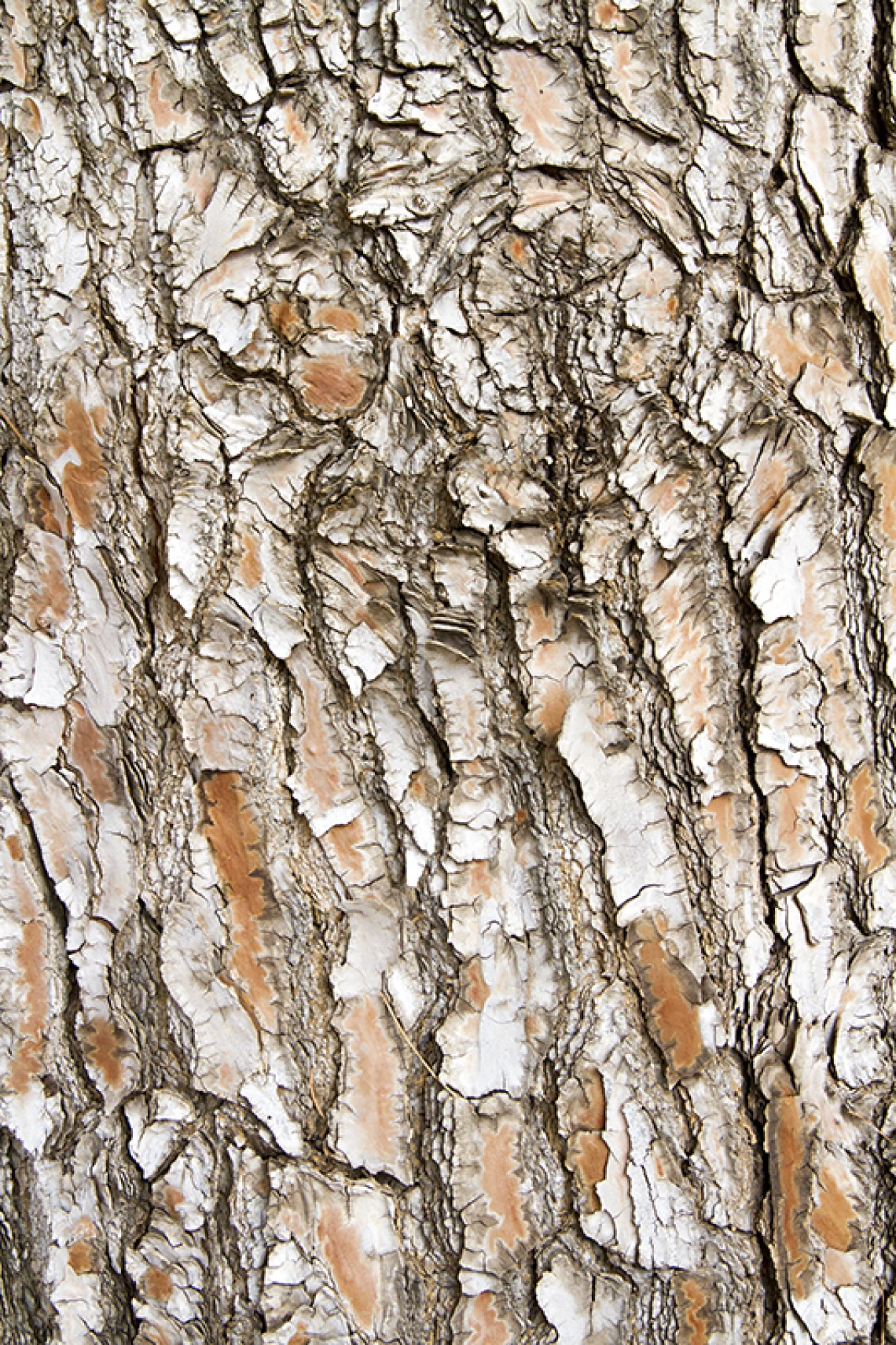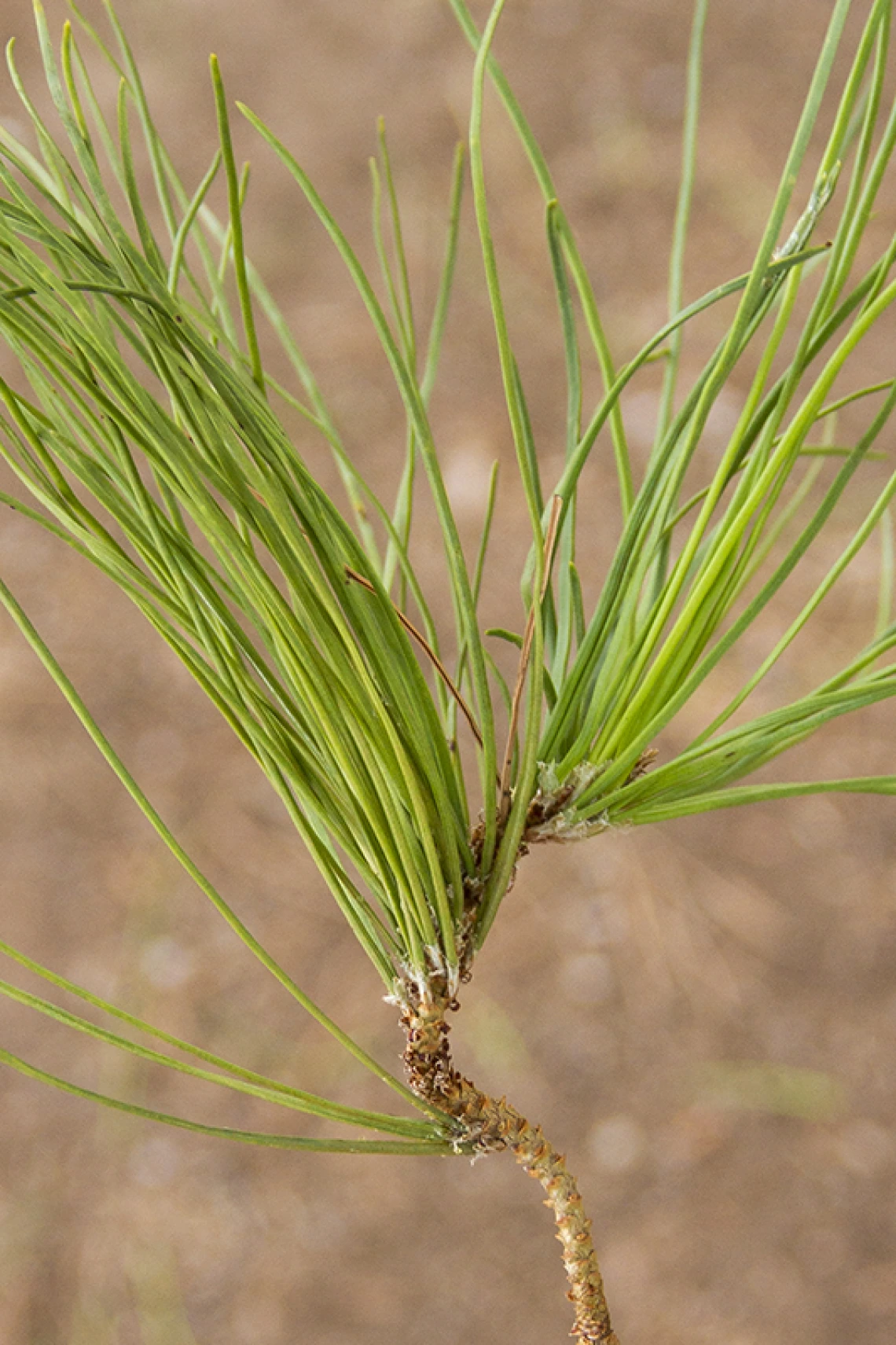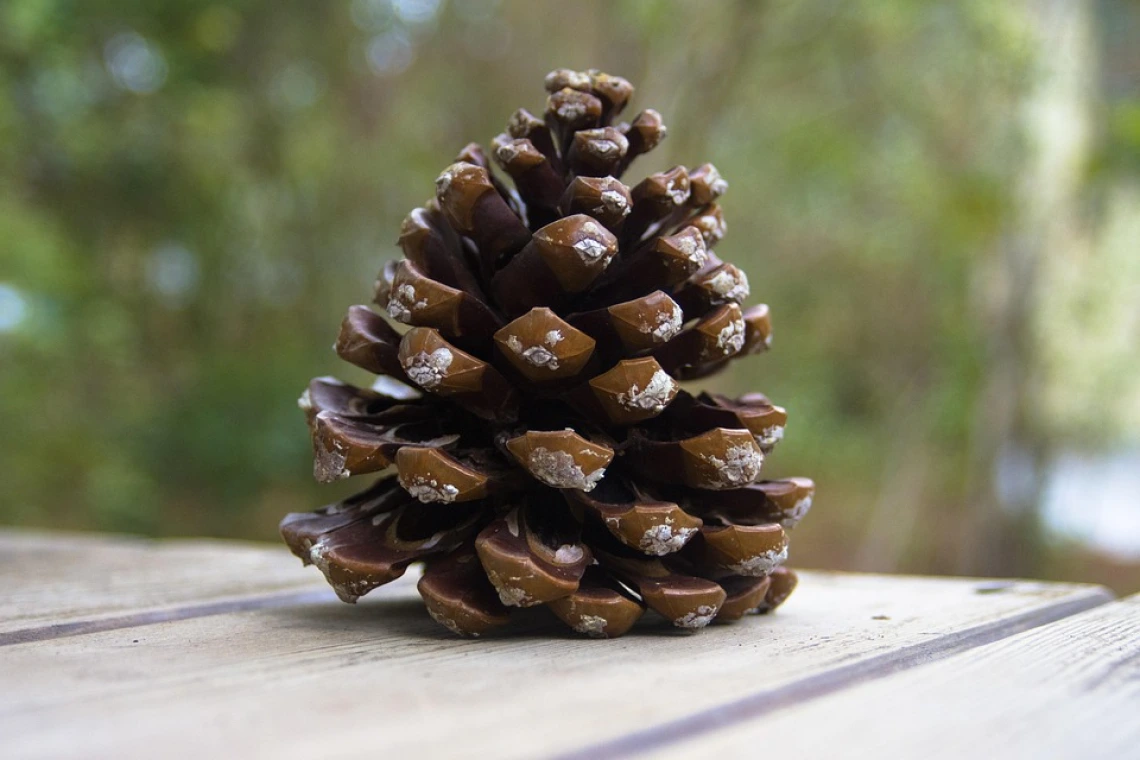Edible Landscapes Virtual Tour
Pinus pinea | Pinaceae | Italian stone pine
Edible Characteristics:
The small seeds from this tree are shelled and eaten raw or used in cuisine. High in protein and fiber, the nuts have a delicate pine flavor with a buttery texture. Often roasted to bring out the subtle flavors, the nut is essential for making pesto. Seeds from other pines can be shelled and eaten as well, but most pine seeds are too small to be worth the labor of processing.
Health Benefits:
Pine nuts have B-complex vitamins that works as enzyme cofactors in the human body. They also contain monounsaturated fatty acids which lower LDLs (bad cholesterol) and increase HDLs (good cholesterol), thus preventing artery diseases and strokes. Pine nuts are not only nutritious, but they are also a staple ingredient in gluten-free foods.


